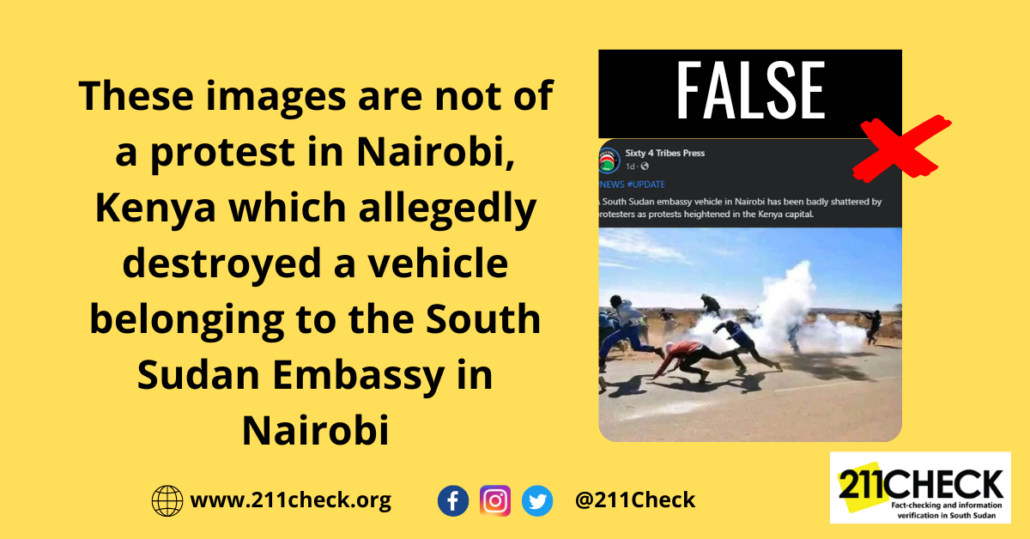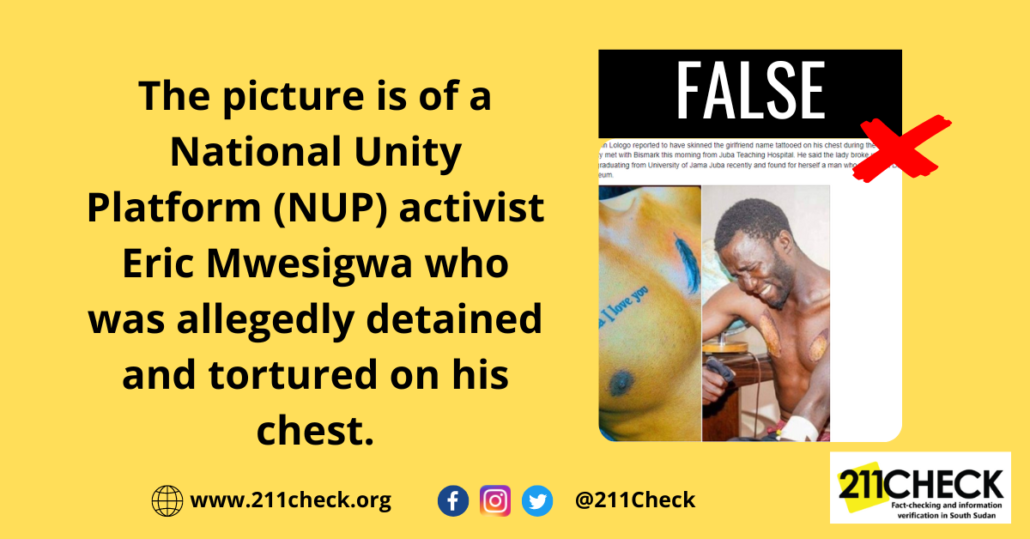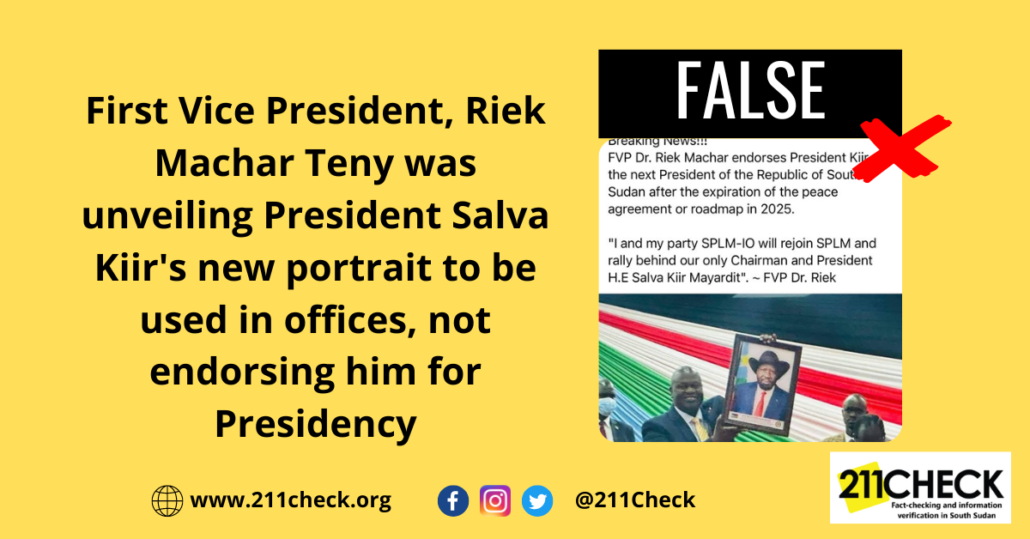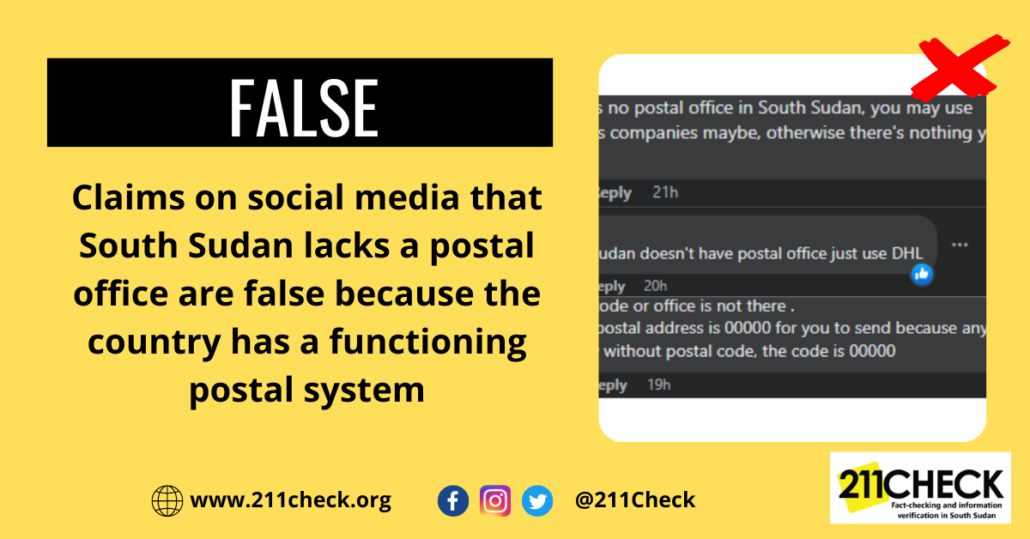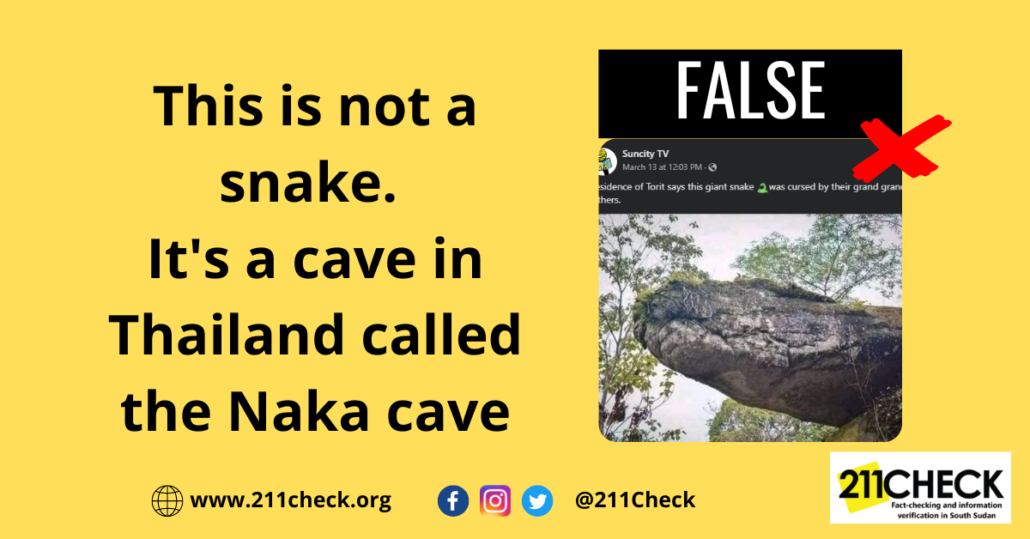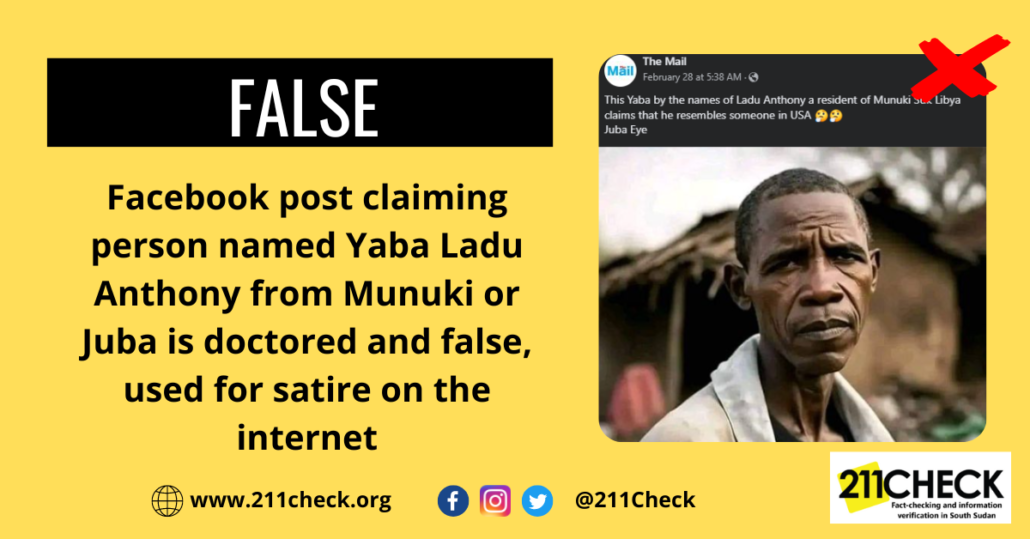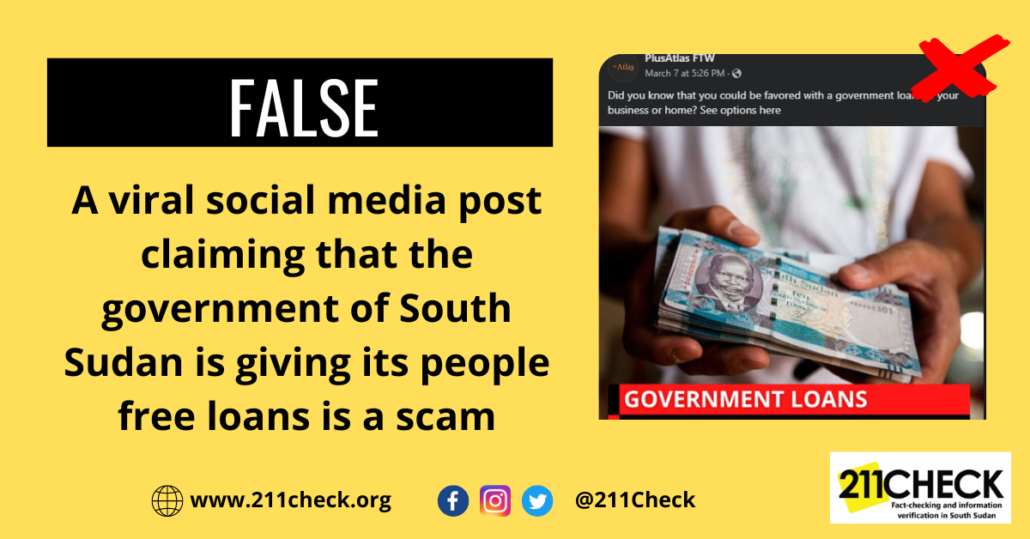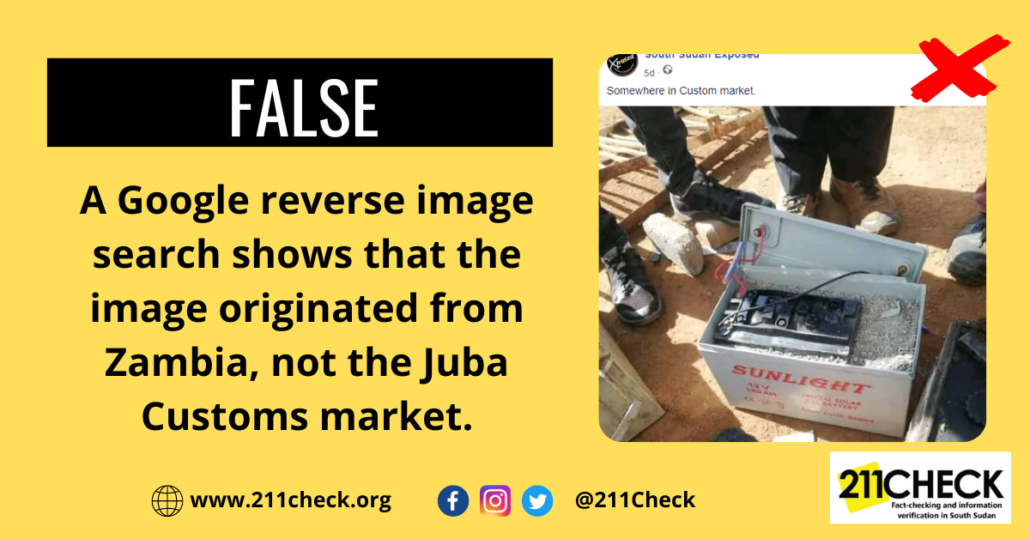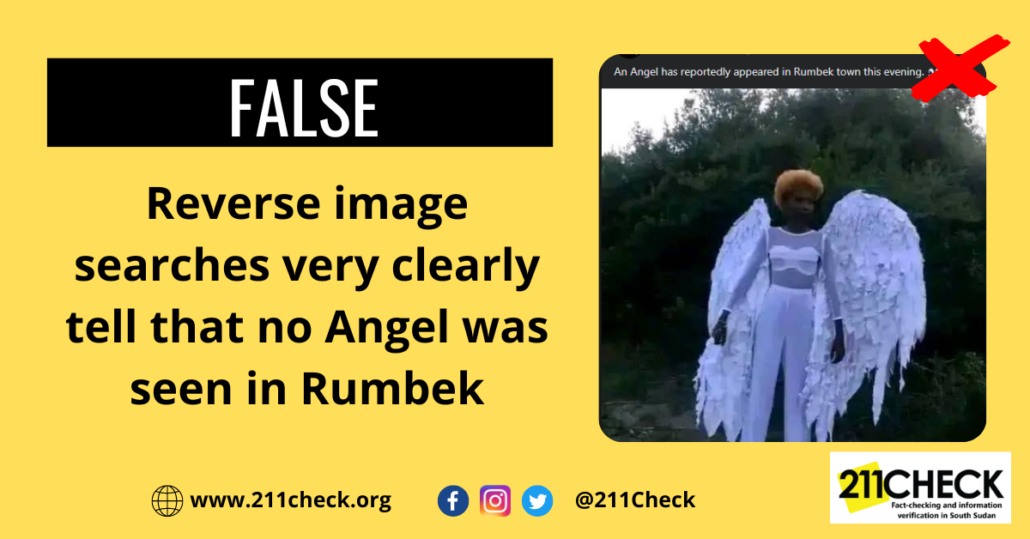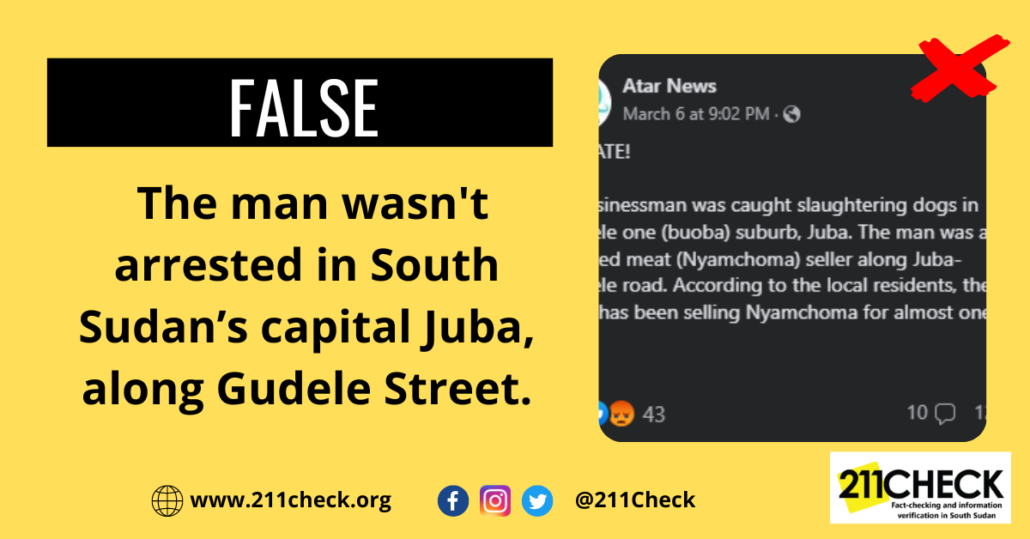Fact-check: These images are not of a protest in Nairobi, Kenya
It is false that the pictures shared on Sixty 4 Tribes Press are about a protest in Kenya which allegedly destroyed a vehicle belonging to the South Sudan Embassy in Nairobi.
Writer: Beatrice Amude Paulino
Sixty 4 Tribes Press, a controversial Facebook page, posted a report on March 20, 2023, that protestors in Kenya had badly shattered a South Sudan embassy vehicle in Nairobi.
“A South Sudan embassy vehicle in Nairobi has been badly shattered by protesters as protests heightened in the Kenya capital,” the post reads.
The Sixty 4 Tribes Press, a Facebook page with over 57,000 followers, has been in the limelight for sharing hate speech and misinformation-related content.
However, the claim is false because according to Google Lens searches here, here, and here, the pictures shared and posted were used on different pages, years and in different countries and not from a recent incident in Kenya.
It was taken near the Heatherly Cemetery in Mamelodi East, following fracas over a housing controversy, and credited to Oupa Mokoena of Pretoria News. Police were forced to use a stun grenade to disperse the crowd, sending people running for cover.
Conclusion:
211 Check finds the claim that protestors have destroyed a South Sudan embassy vehicle in Nairobi, Kenya false
The pictures were randomly collected from the internet to fabricate a story which has not occurred anywhere in Nairobi, Kenya in the wake of the announcement of the Pro Raila protest.
Fight misinformation in mainstream and alternative media by not being a victim of fake news. Refrain from sharing content you are unsure about or don’t know where it comes from to prevent spreading false information. For more information on our fact-checking process, visit https://211check.org/ or send us a WhatsApp message at +211 917 298 255 to present a claim. Our team will fact-check it and respond promptly. #FactsMatter

